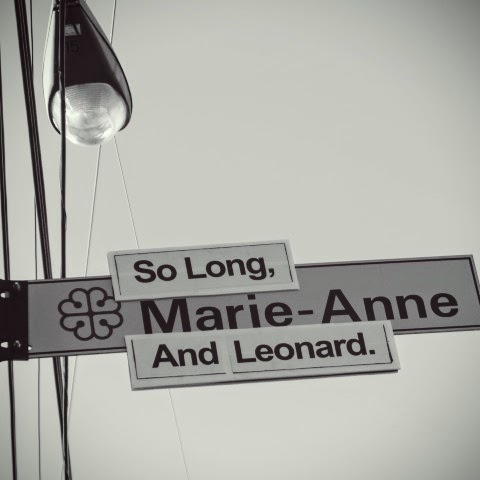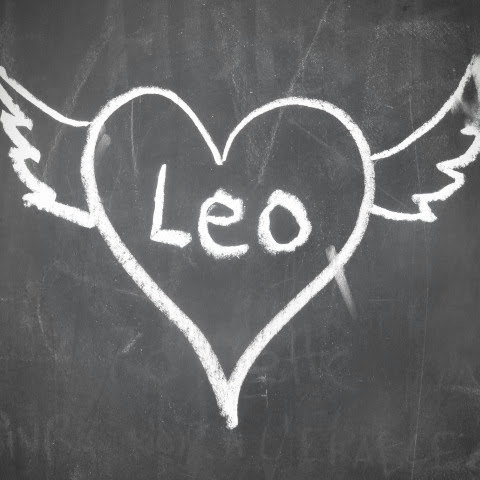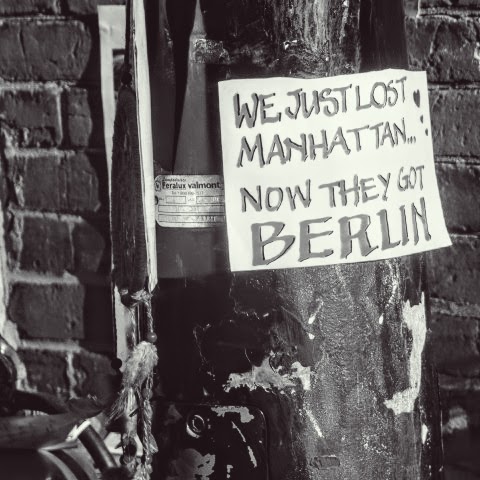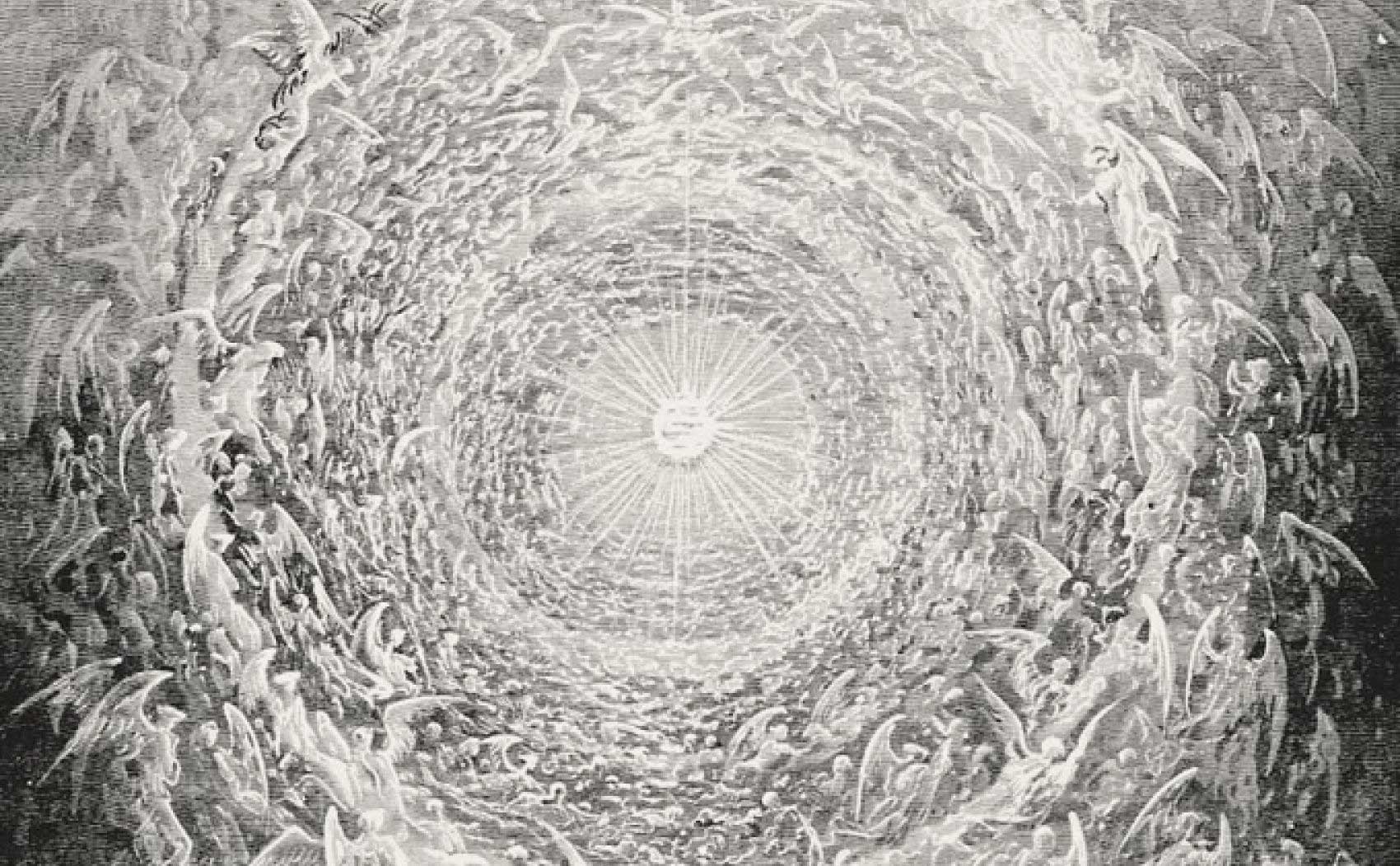
© Marie Thérèse Blanc
If ever there was an author who showed us his own flaws and disowned nothing, it was Leonard Cohen. Over the course of a 60-year career conducted both in the United States and in his hometown of Montreal, he was unaffectedly honest about his warts and failings and, far from wreaking havoc, his candour revealed a rare, gentle grace and elegance that defeated ego or pretence.
I began writing this piece a week or so before Cohen passed away, earlier in November 2016. Because David Bowie became the recipient of the world’s affection after he died and Bob Dylan has just recently been awarded the Nobel Prize for Literature, I felt it was Leonard Cohen’s turn to be fêted. I aimed to thank him not only for his body of work, but for having sung his way across my youth and adult days. My hope was that others would recognize themselves in what I wrote and find their own way of thanking him before it was too late.
Little did I know that too late would come so soon. Like Bowie before him, Cohen has left us with a last masterpiece, the grave yet exacting You Want it Darker, which, also very much like Bowie’s Blackstar, accompanies us to the threshold of death and then leaves us on this side of it to finish our own work by ourselves. Such gifts are rare. For that offering and many others over the 40 years during which I read, listened to, and knew him briefly, I still very much wish to thank him.
Thank You for the Intimate Memories
“Just dance me to the dark side of the gym
Chances are I’ll let you do most anything”
–“Memories” (1977)
There is no partner who has survived a relationship with me who doesn’t get misty-eyed at the memory of my quoting Leonard Cohen during the worst times of our relationship, as we were forced to kneel in the mud in each other’s company. I believed then that there was a Leonard Cohen quote for every occasion, and I continue to believe that Cohen is eminently quotable and that his humorous, mournful, or apocalyptic lines can come in handy. It doesn’t solve anything, of course, to quote from his love songs or his political anthems, but in times of tension a touch of literary sparkle and class never did worsen things much.
Aside from my compulsive habit of quoting Leonard Cohen, my first encounter with him came from an article in La Presse in 1977. I was a teenager and Cohen had just released Death of a Ladies’ Man, the album, not to be confused with the book of poems and poetic prose titled Death of a Lady’s Man, the pretext of which seemed to have been the unraveling of his relationship with Suzanne Elrod, the mother of his children. In the weekend Arts section of La Presse I found a photograph of Cohen in his early forties, standing before a small house on the legendary Plateau Mont-Royal, and a French translation of one of his songs. As I sat on the rug of my parents’ basement, I was intrigued, so much so that in the next decade I would swerve onto a direction I had not foreseen on that Saturday morning. I was headed for Université de Montréal to study French Literature, but I decided to read Cohen’s novels, poems, and songs in their original language, and soon after, impulsively, I enrolled at McGill University instead to study English Literature with Louis Dudek, who had also been Cohen’s professor. Like Cohen, too, I studied Law at McGill but decided not to become a lawyer. Like Cohen, I moved to the Plateau, where I bought a house.
I blame the fact that I later embraced Buddhism as a spiritual practice on the Beat Generation, but on a warm summer morning, when I sat in a Montreal zendo deep in zazen, Cohen walked in late and sat across the room from me. The practice of sitting meditation in Zen Buddhism requires rigorous discipline, but I nonetheless disobeyed the rules and raised my eyes to identify the offending late-comer. When I recognized him in his monk’s black robe, I thought I might jump up and indecorously high-five the Buddha, for here, in the flesh, was the man who had changed the course of my life. During kinhin, or walking meditation, he found himself right behind me, and I questioned my decision that morning to wear shorts on a muggy day and wondered whether I had any cellulite back there. Also, was he staring at it? Never mind that, as I grew silently hysterical, Cohen himself attempted to clear his sinuses discreetly behind me, his mind on his own concerns. The next day I walked in at six in the morning, ready for another meditation session and wearing makeup, and when we sat down in full lotus to chant the Heart Sutra, which has it that the body is nothing more than emptiness and therefore in emptiness there is no body, my voice rose up in sweet harmony to his deep bass, and satori felt near.
I met him later at a party where he stood at the centre of his own house in his impeccably tailored navy pin-striped suit and a black rolled-neck sweater. Although we certainly leered, no woman dared approach him. He was soon surrounded by a bevy of young men who wanted to be told how to become like him, or perhaps all they really hoped to know was how to attract chicks like a Vapona strip invites flies. Minutes later I found myself in his kitchen, cutting iris stems over the sink. I felt watched and was startled to see him standing a few feet behind me, alone and quiet, an unlit cigarette between his fingers. And so there it was, the moment when I could have said something, made a move, become the next Rebecca de Mornay, but instead I stared gauchely at my scissors, he placed his cigarette between his lips, the room filled up with people, he stepped outside to smoke, I brought the vase of gigantic irises onto the dining room table, and I passed the curried cashews. I was never any good at small talk and never any good at encroaching upon a celebrity’s privacy.
Never mind, then, that all we ever shared, Leonard Cohen and I, were a few awkward and ridiculous instants. Reading him and listening to his songs gave me a new language and identity. My love of his works made me a writer, and his stage presence a better professor. For that alone I am deeply grateful.
Thank You for the Soundtrack
“Well I stepped into an avalanche,
it covered up my soul. . .”
–“Avalanche” (1971)
As a New Yorker cartoon once put it, what is missing from our lives is the soundtrack. I was fortunate in that Leonard Cohen was the music to mine. I began listening to him when I was a young girl yearning for the experience my parents’ bourgeois neighbourhood did not seem to provide, but later on his songs punctuated the major events of my existence and every reminiscence now is escorted by the sounds of his curious and exotic arrangements, which included a kitschy Casio synthesizer, the bouzouki, and the Jew’s harp.
In the late 1980s, when I lived in a run-down Côte des Neiges apartment someone once described as a Chicago slum rental, I had just put on Cohen’s “Dance Me to the End of Love” when the phone rang and I found myself speaking to a woman with a Southern drawl who wanted to know whether I’d take a collect call from one of the Confederate states South of the border. I was then dating an American writer a little older than me, who was heading down to Florida to do some research, so I took the call, and there he was, telling me that a tropical storm was about to hit the region, yet he had felt compelled to stop by a phone booth by the side of the road to tell me he loved me. I was about to reply when the operator cut us off. The storm was approaching, apparently, and her voice was edged with panic as she keened, “Sir? Sir! You need to get out of there now! You need to seek shelter somewhere serious!” I could hear the rising sibilance of the wind before he hung up.
As my anxious mind returned to my apartment with its bookshelves made of found bricks and painted wood planks, Leonard Cohen was telling me I’d be shown slowly what I only knew the limits of, and he was right. This was love in all of its bittersweetness, and Cohen trailed us like a self-deprecating and melancholy third wheel for years. I listened to “Take this Waltz” every time this man returned to me from one of his professional journeys abroad. I listened to “Humbled in Love” when we fought and “Take This Longing” when we made up. I listened to “The Gypsy Wife” when his best friend proposed to me, and I listened to “Why Don’t You Try” when I was tired and thought I wanted a life without him. Naturally, I listened to “So Long, Marianne” when we were drifting apart. After I became extremely ill with a heart condition and then got better, he conceded that we might have a child together and I listened to “If It Be Your Will” – but it wasn’t; by then it was late and we were both beat. Now we write to each other about Trump’s America and we bring up “Democracy” and allude to “The Future.” The relationship has changed in kind, but the evocative power of the soundtrack remains untouched.
But are there any Montrealers, I wonder, who have spent their lives so far without having been comforted or pressed into foolish romantic action by a Cohen song? Raise a hand if you think you are among them, or better yet, don’t, and give one of his haunting songs a twirl.
Thank You for the Politics
“Your private life will suddenly explode
There’ll be phantoms
There’ll be fires on the road
and the white man dancing”
–“The Future” (1992)
Cohen, of course, was not just the bard of lovers and the forlorn. He may have seemed a mere aesthete, but he was a remarkably clear-sighted critic of our contemporary political culture, and he pulled no punches when it came to denouncing totalitarianism, which we can all agree was the obvious menace of the last century and the barely hidden peril of this one. Anyone who wants to be given back the Berlin Wall, Stalin, and St. Paul has indeed understood that what comes after the fall of the Iron Curtain must inevitably be anger, resentment, vengeance, disrespect for human rights, corruption, and mayhem. Predictably, the opening up of markets led to greed, and greed to bloodshed and to the trampling of the tender and the vulnerable. Cohen knew the fight was fixed, he knew the good guys lost, he knew the poor stay poor and the rich get richer, and he passed away before Donald Trump was elected, but I’d like to chalk that up to his essentially flawless comedic timing. Listen, he’d called it a long time ago: what do you think it means that after we take Manhattan we’ll take Berlin? We’ll come full circle, is what he meant: fascism of one brand or another will return.
He didn’t need to hang around just to say he’d told us so. After all, he had been preaching the same message for decades. Already in his 1964 collection of poetry, Flowers for Hitler, he had impressed upon us what was exceptional about Adolph Eichmann, which was, as Hannah Arendt pointed out, nothing. Cohen lists Eichmann’s eyes, hair, weight, and height as “[m]edium” and then asks us, “What did you expect? / Talons? / Oversize incisors? / Green saliva?” Evil, as Arendt has taught us, is banal and for that reason, in another poem entitled “What I’m Doing Here,” the speaker admits that he has lied, conspired against love, tortured, and hated. Cohen’s deliberately fallacious logic is evident here: if Eichmann was just an average man and if Eichmann was evil, than we who are also average must be evil too; the poem ends with the speaker exhorting us to confess our own sins, our own responsibility in this messed-up, unloving world we have created. Although he arrives at this conclusion through faulty logic—for not all average men are evil—he is also not entirely wrong, for who among us could cast the proverbial first stone? Change, he suggests, can only come from each person looking within, disowning nothing, and putting him- or herself through a rigorous, private Confiteor.
I can only imagine what he would make of today’s American progressives attacking one another in the wake of the American election instead of forming a strong coalition of organized resistance against the likes of Trump. A few sincere mea culpas might help. Can you blame him, then, for getting out of Dodge before closing time?
Thank You for Acquainting Us with Death and God
“A million candles burning for the help that never came”
-“You Want it Darker” (2016)
Whereas in “Lazarus” David Bowie describes his own struggle with death and finally imagines himself as free as “that bluebird,” in “You Want it Darker,” Cohen returns to the Judaic tradition of addressing God directly. The address delivered at the end of a life is not without moral condemnation: in typical Modernist fashion, God is portrayed as a dealer, a sadistic healer, a narcissist, yet at every turn, Cohen announces “Hineni Hineni”—here I am—and seems to bow proudly and humbly at once as he adds, “I’m ready, my lord.” It’s not as if any of us have a choice, is it? But Cohen does it on his own terms: you messed up, he seems to be saying to God, yet you are the Law I cannot fully fathom.
The last instrumental waltz on You Want it Darker, the album, might as well be that last waltz we will all dance ever-so-gently with death itself, and it closes with Cohen’s last poetic words: “I wish there was a treaty we could sign / It’s over now, the water and the wine / We were broken then, but now we’re borderline / And I wish there was a treaty / I wish there was a treaty / Between your love and mine.” Man’s attraction for and terror before death, death’s cupidity, man’s ambivalent love of God, God’s tortured relationship with man are all embraced in those four lines. In the end, Leonard Cohen, who always seemed to have had a loving yet complicated relationship with women, commits to death and judgment, although this too is complicated and requires a careful legal accord between parties.
It’s time to say goodbye now. When I studied Zen Buddhism, the Abbess of our Montreal zendo asked me one day whether I understood the difference between Christian and Buddhist compassion. Christian compassion, she explained, resembles a form of moral empathy. But Buddhist compassion consists in making sure man faces the naked truth, the here, the now, the real. To illustrate, she told me a story: a dying man asks his wife to seek the Roshi, or Zen master, and bring him back to their home, for he feels he is dying and is in need of solace. When he enters the house, the Roshi leans over the dying man’s bed and whispers, “Don’t think for even a second that you won’t die.” That’s Buddhist compassion.
It seems Leonard Cohen was calmly looking death in the face when he passed away, or so we are told. When I went to place a rose on the steps of his Montreal house on de Vallières Street recently, I could not feel his spirit anywhere. Sometimes the deceased linger on and tug at our heartstrings for a while. But though his fans faced his house, many of them in tears, some bearing flowers or old vinyl album covers and overused guitars, I could not feel him there. When I returned to work, beneath the photograph of Cohen I had taped to my office door, someone had added the words to the song “True Love Leaves no Traces” beneath it. Surely enough, no scar, no trace of the man remains other than his exquisitely chiseled lines, and we will endure though he is already gone and far.
It’s our turn now to figure it out, the whole mess that is life and that which cannot be disowned: the allegiances, the flaws, the hatred and the cruelty, the need for kindness and grace, the pardons and the avoidance of blame, the mea culpas, the entreaties, and the treaties. This is our work too. But perhaps it helps to know that Leonard Cohen, as always, was ahead lighting the way. And so, thank you, my lord.
Halav Ha-sholom.
Thank you as well to the citizens of Montreal for leaving their humble and loving homages near Cohen’s house—those provided most of the photographs in this piece—and to the kind young workers at Frites Alors! on Rachel for placing their minimalist tribute to “Leo” outside on a cold morning before business hours so I could take a snapshot.













